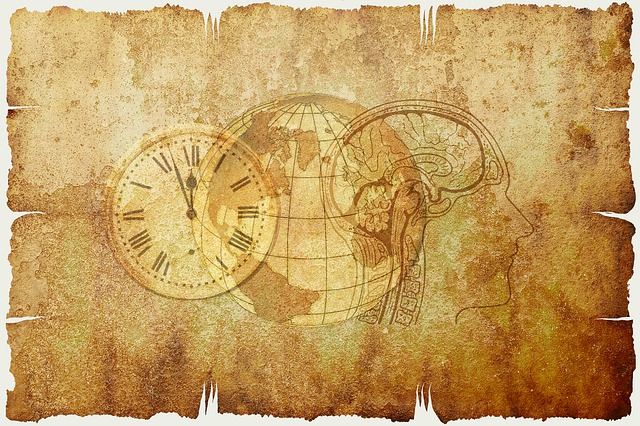 Probably the most famous opening line of any book ever written – “In the beginning…” Ironically, it is both the beginning of our spiritual journey and simultaneously, the beginning of our doubts. Even more ironically, it is the first opportunity to apply logic to our understanding of the messages of the Bible.
Probably the most famous opening line of any book ever written – “In the beginning…” Ironically, it is both the beginning of our spiritual journey and simultaneously, the beginning of our doubts. Even more ironically, it is the first opportunity to apply logic to our understanding of the messages of the Bible.
For hundreds of years, the Bible was considered to be the irrefutable word of God. Yet, as mankind’s understanding of science expanded, doubts about the accuracy of the Bible expanded as well. The very first lines of the creation story suggest that the creation events took place over the course of only a few days, yet modern tools of science provide evidence that the process took place over the course of millions of years. Does this mean that Genesis is just a fairy tale?
The Bible tells us that Adam and Eve were the first human beings. Yet when their two sons come into conflict and Cain kills his brother, Cain is banished from the home front and complains that “others” might try to kill him. What others? Then he finds a wife and starts his own family. Where did she come from if Adam and Eve were the first family of humanity?
A few lines further along, we read about Noah and the flood when Noah rounded up a mating pair of every animal to save them from the rising waters. Since this story takes place in the Biblical lands, we can’t help but wonder how Noah came to find kangaroos and koalas that only exist in Australia.
Does all this cast an enormous shadow of doubt over the messages of the Bible?
Fortunately, the same logic that cast this shadow also shines a new light on these age-old stories.
The combined power of logic and scientific understanding shows us that there is new reason to embrace these critical tales of the Bible. We now understand that the texts of these Biblical stories were recorded by human hands, using the language of the time, and as such, are subject to distortions and misinterpretation as they are translated into contemporary language. When we are describing the creative actions of a Supreme Being, is it possible that a “day” to God is different than the day we experience as a single rotation of the earth?
We might also consider the probability that some of these texts are records of symbolic literature, the same way we might use satire to make a point in contemporary literature. Is it possible that, in his enthusiasm to convey a historic message, the recorder of the book of Genesis embellished a few details to strengthen the impact on his fellow human beings?
While our logic suggest that interpretation, translation, and even exaggeration may have distorted our view of the opening message of the Bible, there is one factor that stands out as proof of the divine source of this critical information.
In the days before the sciences of chemistry, geology and archeology, the writer of the book of Genesis managed to record the sequence of creation the same way that contemporary science would describe it. Since no human would have been alive to witness that sequence of events, that description alone is solid evidence of knowledge that predates human existence. It is also solid evidence that, despite possible human distortion in recording it, the message came from God.
Logic supports it.
